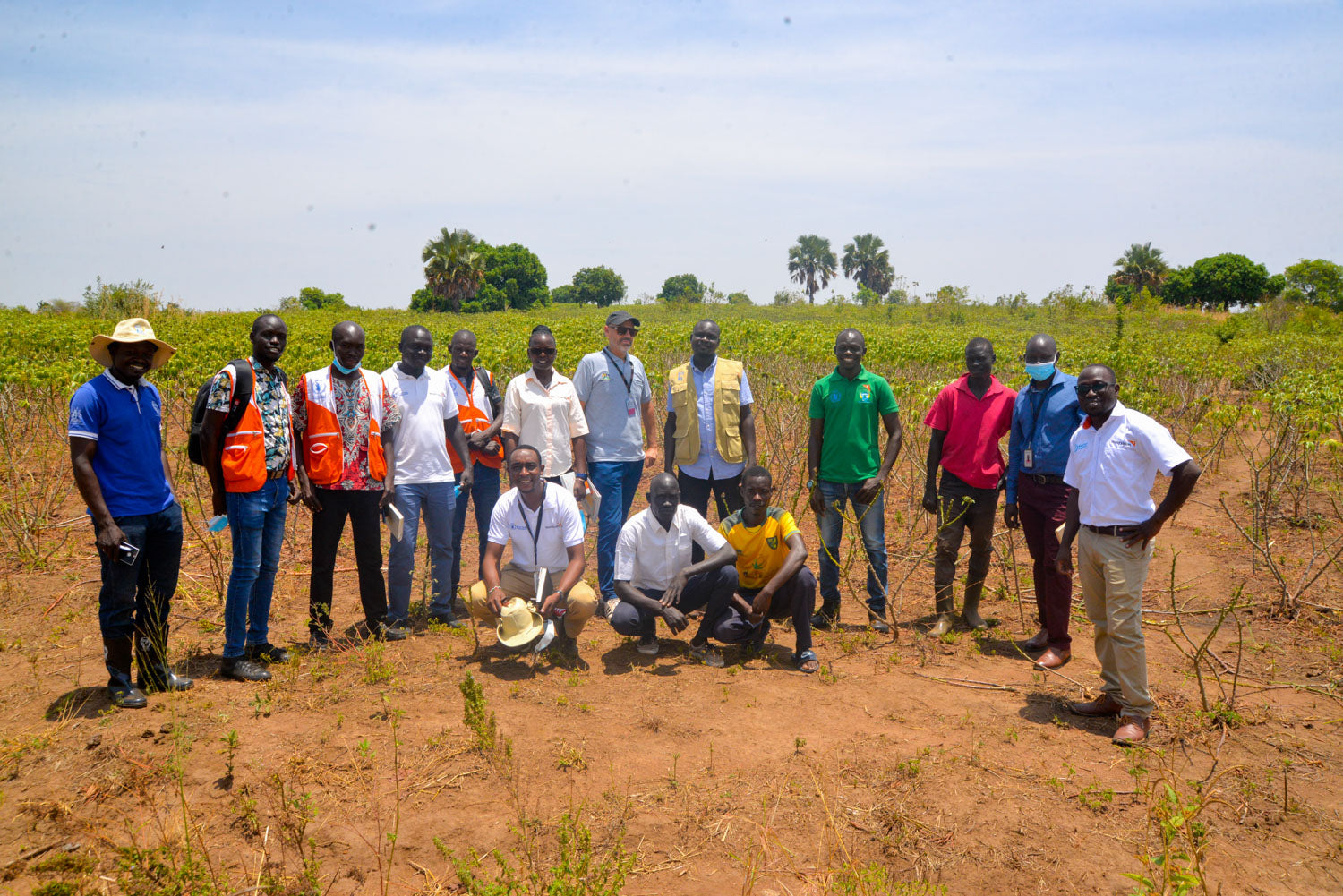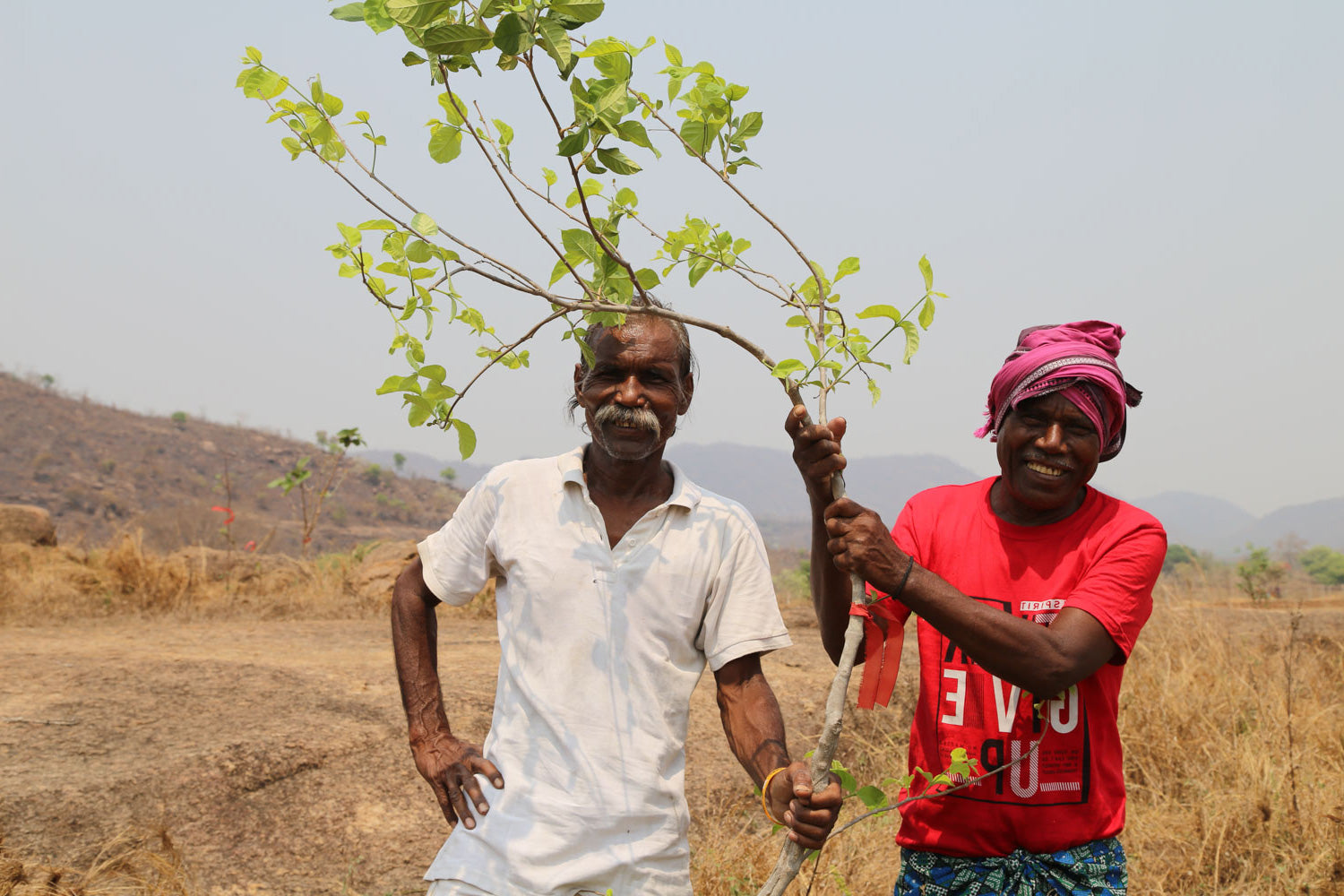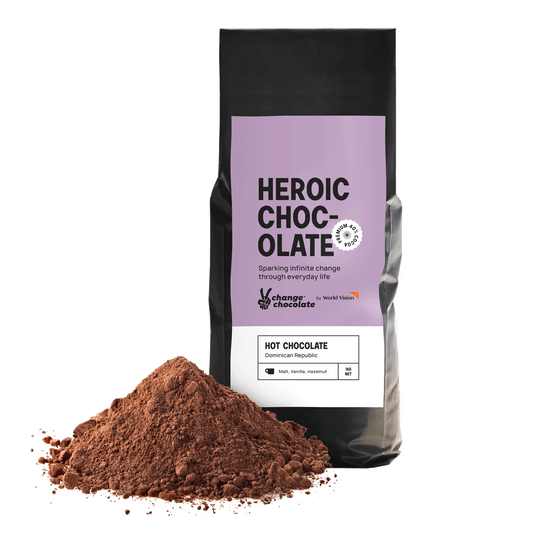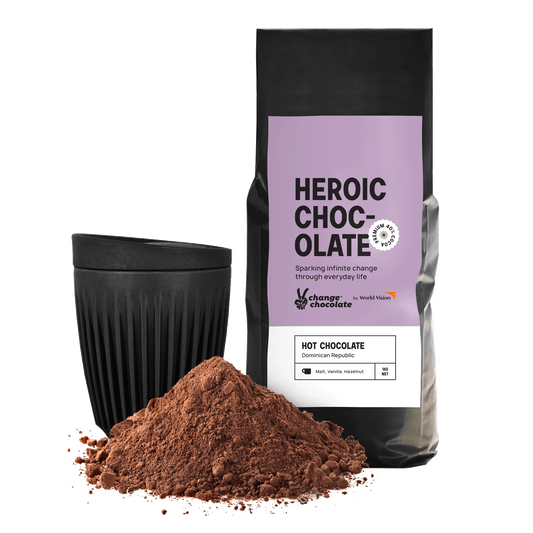
Origin: Ethiopia
Share
Known as the birthplace of coffee, Ethiopia is renowned throughout the world for its rich variety of coffees and cup profiles.
Founded in 2001, the Sidama Coffee Farmers' Cooperative Union (SCFU) represents coffee-producing cooperatives located in the mountains and valleys of the Sidama region in southern Ethiopia. Uniting over 39 Fairtrade certified 1st-grade organisations and representing over 80,000 farmers and 53 primary cooperative societies, SCFCU is the second largest coffee producing cooperative union in Ethiopia.
Sidama coffees exemplify a wealth of flavours and landscapes. From the rugged mountains of Bensa to the valleys of Dale and Aleta Wendo, coffee is found growing in the wild. Sidama produces more washed coffee than any other zone in the country and has built a reputation for quality over many decades. The growing, processing and drinking of coffee have been engrained into the Ethiopian population's way of life. 
History of Coffee in Ethiopia
Ethiopia is widely known as the birthplace of coffee, meaning that unlike other countries, the plant was not introduced to the country by others. The genetic diversity of Ethiopia's coffee is greater than the rest of the world combined. Throughout the country, coffee is found in a variety of environments from trees in a small household garden to a vast forested mountainside where it grows wild.
Coffee became a significant trade in Ethiopia from the 19th century and makes up 70% of the country's export earnings. The industry provides an estimated 15 million Ethiopians with employment and has been part of everyday life for Ethiopians for hundreds of years.

Coffee Processing
Traditionally in Ethiopia, coffees were naturally processed, however, the washed method is becoming more common, with more than 60% of all coffee is washed and wet-processed, the remainder is dried in the sun. Farmers deliver their coffee to the collection centre, their base group. A quality control system is used to ensure that only the coffee fruit that meets international standards and has verified characteristics of the Sidama origin can be exported.
Once tested, the coffee is transported to Addis Ababa for milling, grading and auction. At this government warehouse batches of coffee are pooled to fill shipping containers which makes it more saleable. In this process, certified and non-certified coffee is kept separate and traceability is maintained. SCFCU hold a government license which allows them to sell directly to international buyers and bypass the auction stage.

Fairtrade Initiatives
From the profits of Fairtrade sales, 70% is redistributed to the main cooperatives and their members. The remaining 30% is retained by the Union as a reserve fund. Representatives from primary cooperatives attend AGM meetings and decide on the use of the fund.
Education
Hundreds of scholarships are given to members' children and funding has been allocated to three new school buildings for primary schools in the region. At the Shilicho base group in the Dara district funds have been used to build three schools, which benefits 1,200 students.
Local and cooperative infrastructure
The Fairtrade Premium has been used to build new roads in local communities, construct cooperative offices and coffee warehouses, install electricity at processing facilities and maintain pulping machinery. SCFCU has funded the installation of electricity lines which reaches more than 5,000 people in the community.
Quality and productivity
Professional training is available to managers and machine operators which helps them to develop their skills and knowledge in processing high-quality coffee. Additional training is provided to improve quality control, with inspectors assigned to each region to supervise each stage of the production process.
Environment
Investment into 'eco' coffee pulping machinery by member cooperatives, gives them more control of processing and also saves energy and natural resources.













